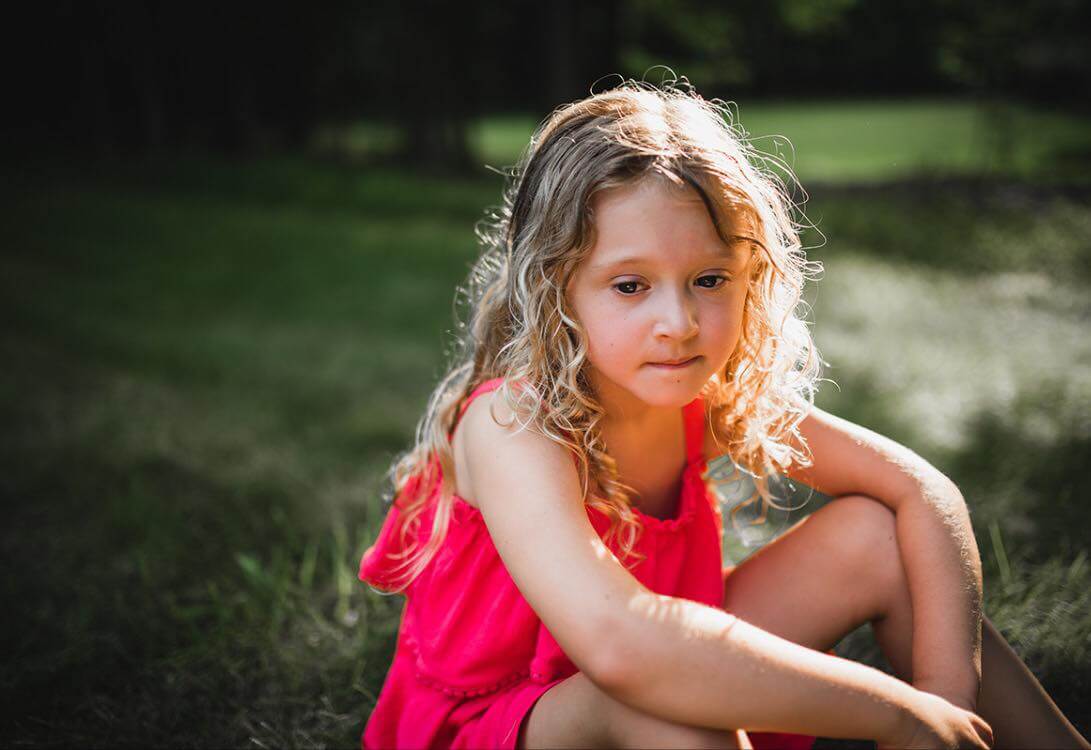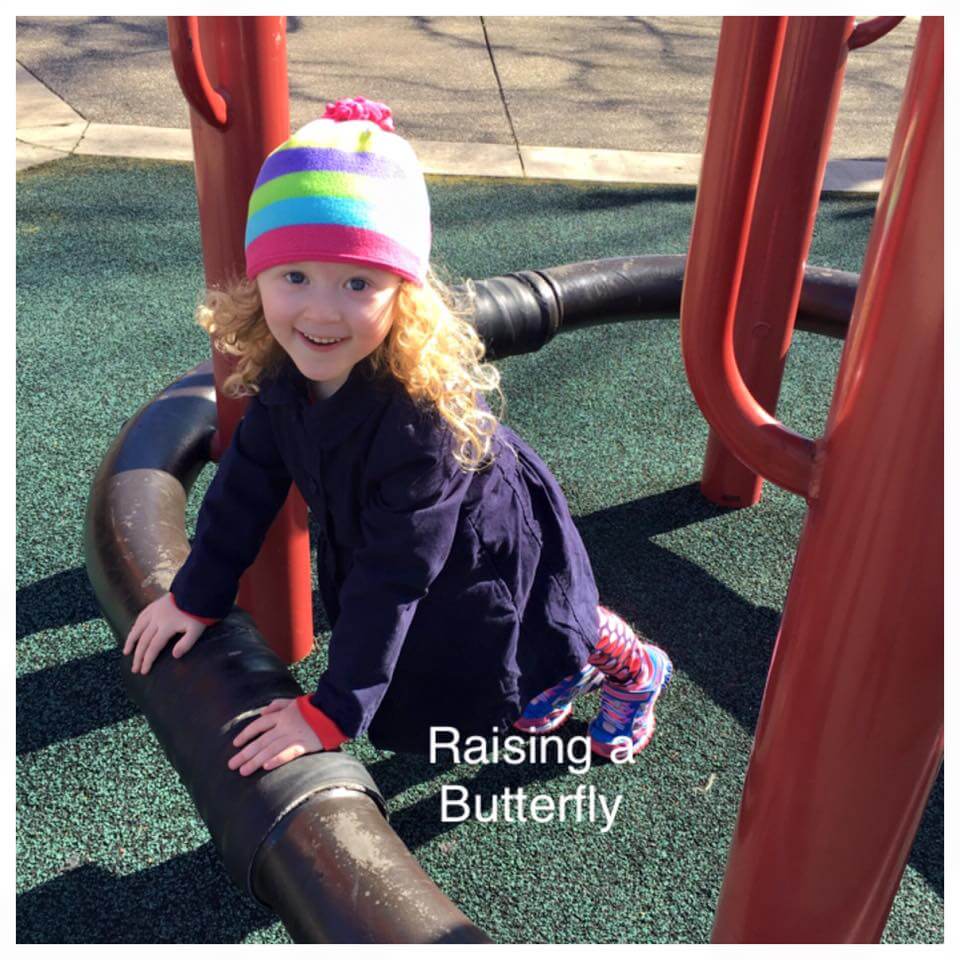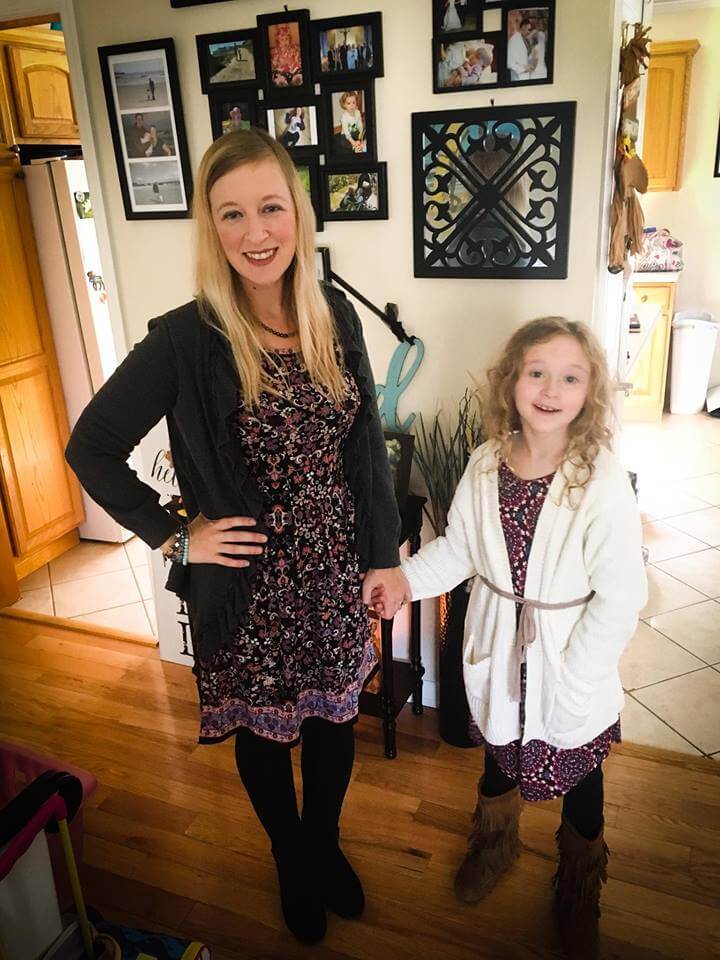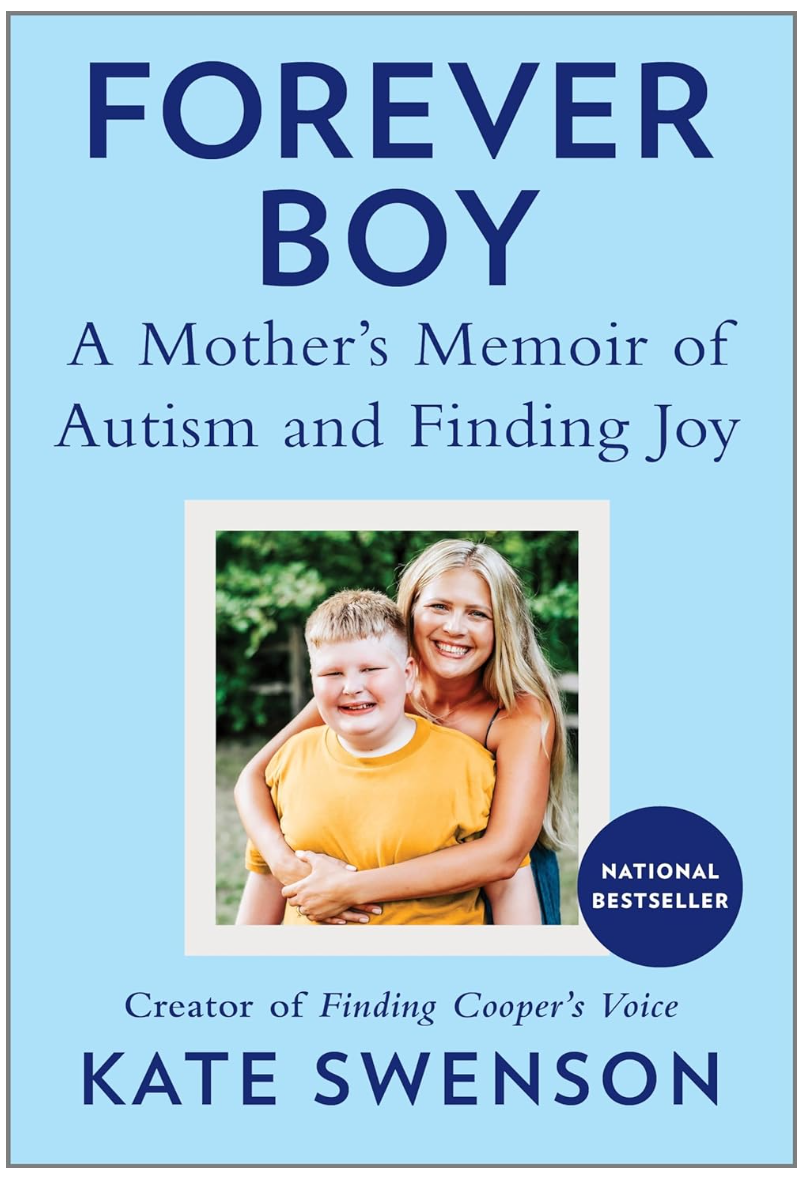The Great Divide

The great autism divide within the special needs community is disheartening.
There are those who embrace the neurodiversity movement, who most likely identify as being autistic themselves and who have what would’ve been Aspergers Syndrome prior to the DSM-V changes (now mild autism).
Those in this category tend to be proud of who they are and can communicate most of their everyday challenges and struggles.
The other category of autism are those who identify as having “moderate autism”, who struggle socially like those who identify with mild autism, but have more difficulties in other areas of development, including cognitive delays and communication delays, etc.
Then there’s the category no one wants to talk about, severe autism.
Those autistics struggle immensely in all areas of development and most likely will always need a lifetime of supports.
Recently, there has been an uproar regarding Sesame Street partnering with Autism Speaks, due to AS stating within their “100 day packet” that parents and caregivers need to allow themselves to “grieve the diagnosis” among other things.
Many autistic adults and those who embrace the neurodiversity movement are enraged by the above due to AS comparing an autism diagnosis to loosing a child.

This is where I’m going to get on my soapbox for a bit.
Most of this shaming is coming from the autism community who leans more towards the right.
The ones who identify as being “mildly autistic” or have children who are. The ones who embrace their “quirks” and are grateful for people like Amy Schumer who have spoken publicly about her feelings associated with MILD autism, etc.,.
To those of you who are outraged that Autism Speaks has partnered with Sesame Street and are angry over their statements regarding grief, I am confident to state that your version of autism is probably quite different than what most go through on a daily basis who are “grieving” autism and if it isn’t, then I’ll be the first to apologize for my assumptions.
I am not here to minimize your daily struggles, but when you tell parents who have moderate or severely autistic children (or even mildly autistic children) that if they grieve their child’s diagnosis, they are evil, inhumane monsters who hate their kids, in the end, who’s judging who?
Who’s embracing who?
If we are to truly and I mean TRULY be a community who embraces neurodiversity, that also includes those who aren’t afraid to disclose their real struggles with autism.
Autism isn’t always full of Sheldons and Temples.
There’s versions of autism that are self-injurious, isolating, painful, and heartbreaking. Just like fingerprints, autism is unique per each individual.
I personally don’t know what it’s like to raise a child with severe autism, but I can attest to the challenges my child faces daily because her version of autism is full of communication and cognition delays, making life overwhelming for her at times.
Her version of autism isn’t like her fathers; the version often portrayed on television shows, but her version isn’t Rain Man either. It’s somewhere in-between (like Julia from Sesame Street).
Thus, I will always sympathize with all parents and caregivers who struggle to embrace autism.
I will never judge a parent for feeling like their version of autism is overwhelming or if they have to grieve their child’s diagnosis.
In fact, I applaud those who DO grieve the diagnosis; it can be very empowering and healing once the acceptance stage is reached. I will also dance alongside of those of you who love all things autism.
I will share in your triumphs and every single milestone as well.
If the autism community in general was more open for discourse (this includes autistic adults), perhaps true neurodiversity would be embraced.
The lashing out at organizations who are primarily working with families who don’t identify as being Aspergers or mildly autistic isn’t helping anyone–if anything, it’s causing more harm than good.
It takes a lot of courage for families to come forward asking for help and for those to disclose their inner feelings associated with parenting a special needs child, which includes grief.
To be minimized, gaslight, rug-swept is NOT a movement; it only attributes to the great divide.

Characters like Julia have been critical to helping other typically developing individuals better understand autism.
Because of Sesame Streets autism resources, I have been able to personally send my daughter’s friends parents the information, which has helped them explain autism to their child, which has then helped their children better communicate and be a friend to my child.
If our typically developing community can do this (ask questions and learn), then why can’t we do this among one another?
If a parent of a typically developing child can understand that it’s perfectly normal for parents of autistic children to grieve or be saddened by autism, then why can’t our community do the same?
Grief doesn’t mean hate.
Grief shouldn’t be shamed.
Grief is a normal reaction to loss or any other life unexpected event, including lifelong diagnoses such as autism.
Let’s stop the shaming and the blame.
Let’s stop putting up barriers that cause others within our autism community to feel even more isolated or guilty for their feelings.
Let’s truly embrace each other and our unique journeys that also includes the challenging moments too.
Let’s start to agree that it’s okay to not be okay and to lean on each other for support when necessary.
To the autism community, we can do better than this.

Written by, Trish P, Raising a Butterfly
Trish is a Jersey Girl, coffee connoisseur, and blogger who shares her journey of raising her only child, her seven-year old daughter Autumn, who is diagnosed with Autism, on her blogpage and facebook page: Raising A Butterfly. https://m.facebook.com/raisingabutterfly/
Trish focuses her blogpage on Autumn’s overall progression and her continued hope and faith towards the future.
Interested in writing for Finding Cooper’s Voice? LEARN MORE
Finding Cooper’s Voice is a safe, humorous, caring and honest place where you can celebrate the unique challenges of parenting a special needs child. Because you’re never alone in the struggles you face. And once you find your people, your allies, your village….all the challenges and struggles will seem just a little bit easier. Welcome to our journey. You can also follow us on Facebook, subscribe for exclusive videos, and subscribe to our newsletter.

